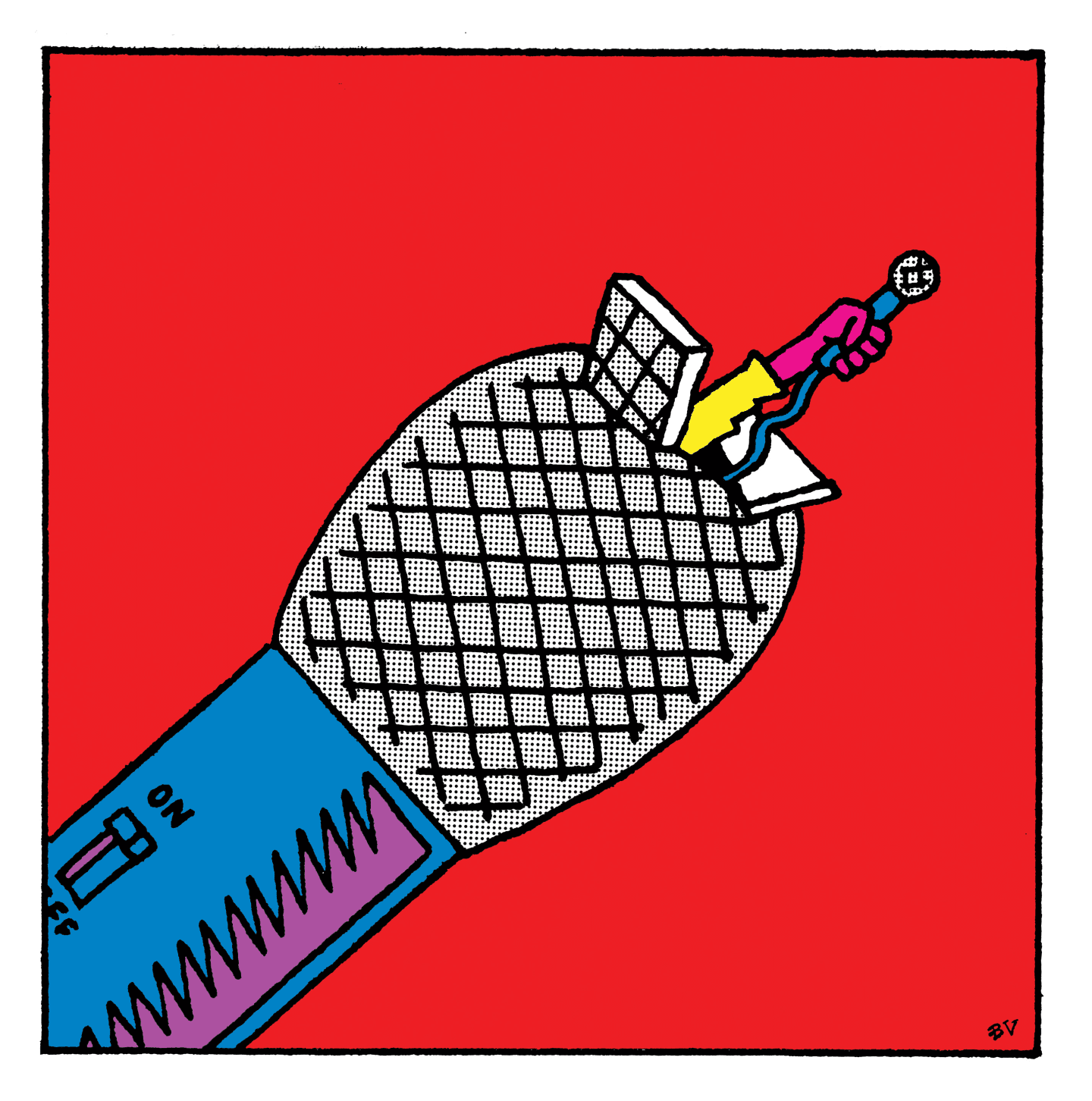There’s No Such Thing As “First” Anymore
And maybe that’s not such a bad thing.

For years—decades, centuries even—we’ve always wanted to be first. Being first affirms our primacy in the pecking order of taste. It’s a way to stunt on our friends and competitors. It’s practically a superpower, one that separates us from them. The poetry and swagger of discovery is only for a chosen few. Everyone else? Have fun late-adopting.
Things fall apart, though. Cool became commodity, which shrunk the distance between those who know and those who would like to seem as if they do. The internet sped things up. Physical culture became emulsified: .mp3, .jpg, .gif, .mov, and more. Having a thing that someone else didn’t have—or more to the point, couldn’t have—became a virtually extinct mode of existence.
In 2015—in music, especially—the first has been drowned by the flood. Exclusivity has given way to ubiquity. The novelty of the new has been replaced by its omnipresence.
This shift manifests in Vine videos of suburban teenage girls hitting the Quan. It’s there in the ease with which Fetty Wap has risen from obscurity to complete stranglehold on the Billboard Hot 100. It’s visible in the reverse osmosis of K-pop back into American teen culture.
First culture cultivated a sense that discovery radiated from the bottom up, not the top down. It privileged grassroots movements that swelled organically. It accepted that a certain amount of time had to pass before the moment of introduction and the moment of suffusion. But friction and gravity no longer apply. Secrets are dead. First only meant something when the space between that and second was more than a micron.
“The idea of one single outlet as a lone destination for something widely desired became not just laughable, but impossible to enforce.”
What happened? Back in the mid-2000s, the internet began supplanting the role of the traditional music press in earnest. And while initially the hierarchies of online media closely mirrored those that already existed—the arc from mainstream to underground to counterculture, the siloing of genres—the ease of information flow afforded by the internet quickly rendered those structures obsolete. Superstars and underdogs move at the same speed online, often side-by-side. Instantaneity essentially killed firstness.
The industry followed suit, for lack of other options if nothing else. Music blogs moved from being specialist outlets to accepted distribution points—but a premiere of a song or video had value only for the few moments it took someone else to rip a copy and post it elsewhere. Embeddability became the default. The idea of one single outlet as a lone destination for something widely desired became not just laughable, but impossible to enforce.
Eventually, online readers took the concept of firstness into their own hands and shattered it over their knees. Nah Right, the foundational hip-hop blog, began in May 2005. Eskay, its proprietor, said that by January 2006 people were already commenting “first!”—even when they weren’t.
This was a joke, of course, but a true one: if a blog post advertising a new song or video that dozens of other blogs are also featuring has a half dozen comments all screaming “first,” then being first has no meaning. Maybe it’s not even an actual possibility.
And if being first isn’t possible, then perhaps it no longer has any real value. At minimum, its virtual elimination as a thing of value has approached the asymptotic. That means that old milestones like a first magazine cover don’t mean what they once did. M.I.A., Future, Sam Smith, Animal Collective: all of them had their first cover in this magazine. And perhaps the stars of tomorrow will as well. But they will be established entities by that point, not unseen gems polished for the first time.
“If being first isn’t possible, then perhaps it no longer has any real value.”
Nowadays, artists tell their stories in steady trickles: albums, Instagram pics, interviews, tweets. Everything is aggregated and reblogged. When something is truly viral, it’s pointless for someone to claim first—once a thing is created, it belongs to the world.
Truth is, being first was only sometimes a great metric. History is kind to those who are first and right, but it’s easy to overlook the many more who were first and wrong. And there’s an arbitrariness to being first, which is as often a byproduct of proximity or guesswork as actual taste.
And taste is what we’ve always been after. People will never not want ways to set themselves apart, but what that means in an environment of total flooding will have to evolve. For some, it might mean finding a way to re-enforce scarcity, though that only solves the problem of message, not medium.
Mostly, taste will evolve. It will derive from being able to ascribe meaning to something that others have missed, or carving a unique path through the cultural thicket that tells a non-obvious story. It won’t be just about what’s acquired, or when, but about how things function and what they mean.
Anyhow, taste as we know it really only matters when there’s someone to lord it over, when it functions as a klieg light and a beacon for others to follow. As everyone closes in on having access to everything, those imbalances will flatten, freeing up new jumbles, new juxtapositions, new narratives. Taste will no longer be a guide for the many—we’re moving towards a post-consensus society. Instead, the impossibility of being the first will be replaced by the possibility of being the only: me, my taste, I.